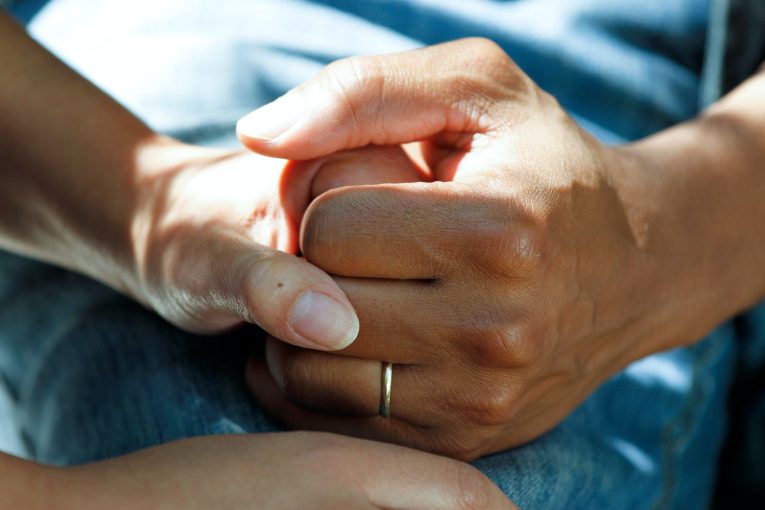
Center for Public Mental Health (CPMH) Faculty of Psychology UGM conducts Online Lectures (KulOn) with the topic “A to Z of Mental Disorders and Suicidal Behavior”. The topic was shared by two speakers, namely Nurul Kusuma Hidayati, M.Psi., Psychologist and Wirdatul Anisa, M.Psi., Psychologist. The topic of KulOn this time was delivered in the form of a QnA, namely answering questions that had previously been submitted by the audience without any lengthy presentation before of material from the resource persons.
However, before starting to answer the questions that have been submitted, Nurul again reminded the participants who attended KulOn about the four pillars of support, “So, when we talk about mental health, we are talking about the four pillars of support, and they are active and endeavored”.
Apart from reminding about the four pillars of support, Nurul also reminded about one of the protective factors that can be developed and pursued is mental health literacy. The higher mental health literacy, the higher the ability to understand oneself so that they are more sensitive and can make early detection of mental health disorders. “The very minimal mental health literacy in society has caused such a large gap in handling,” said Nurul.
After explaining several things related to mental disorders and suicidal behavior, the resource persons began to answer the incoming questions one by one. One of them is about why individuals can have the desire to commit suicide and Wirdatul answered by analogy with a pillar that supports a burden. “Individuals who have suicidal thoughts are like having a big burden, but the pillars that support that burden are fragile,” explained Wirdatul.
Wirdatul explained several factors that made the pillars that support fragile, such as social factors, having a traumatic experience, having a single or comorbid mental disorder diagnosis, substance and alcohol abuse, inability and reluctance to ask for help, and a person’s level of religiosity.
At the end of the session, it was closed with a question about how to have simple tips to be mindful, so you don’t easily get distracted and think about committing suicide again. “Have routines and notes. Make yourself as an individual who needs notes so that what is done is done in a systematic manner,” replied Nurul.
“Thoughts are wild, and a person may experience sudden negative thoughts. Once a negative thought appears, it will provoke other negative thoughts to appear. Therefore, writing and keeping notes is one way to organize and tidy up those (wild) thoughts and minimize multitasking activities, “added Wirdatul.
